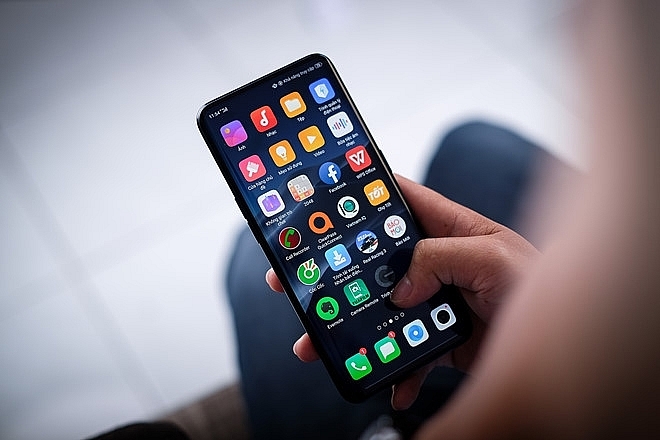 |
|
Ho Chi Minh City's proposal of slapping a luxury tax on smartphones has caused a huge stir
|
Accordingly, imposing a luxury tax on smartphones may affect Vietnam’s target of approaching Industry 4.0. Van told VIR, “It will impact local technology firms because most of their technology products are connected to smartphones, and applying the tax on smartphones will broaden the gap between consumers and technology.”
“It is very necessary to issue policies favouring products and sectors supporting the development of local technologies,” Van added.
The Ho Chi Minh City People’s Committee in early May proposed adding smartphones to the list of goods subject to luxury tax for the draft preventing failure in collecting the state budget. In addition to smartphones, cameras and perfumes are also mentioned in the list.
According to the city People’s Committee, smartphones are not essential goods and are sold at quite a high price. Therefore, applying luxury tax on these goods are appropriate and would regulate the personal income of high-income people.
Samsung may struggle to keep local position for Foxconn's planSamsung ramps up Vietnam operations to sharpen competitiveness of smartphones
As soon as the proposal was made, it drew great backlash that the tax imposition is inappropriate because smartphones are now essential to daily life. Specifically, smartphones are steadily replacing laptops and computers to support people in work and life. Thus, there is no reason to classify them as luxury goods.
Mobile phones officially entered Vietnam in 1994 when the country launched its first mobile network. At the time, the price of each mobile phone was upwards of $1,000 at least, which meant only middle- and high-income people could afford the devices.
Over the past 25 years, the price of mobile phones have been decimated and they are now common devices in Vietnam.
Currently, more than 70 per cent of the Vietnamese population is using mobile phones, including feature phones that are sold for hundreds of thousands of VND and smartphones that fetch more than VND40 million ($1,739).
In addition, the number of local subscribers is 140-150 million, nearly half again as many as the country’s population.
It can be seen that the huge number of local users is completely contrary to the Ho Chi Minh City People’s Committee’s idea that smartphones are popular items in Vietnam. VIR
Hoang Van
 “Applying luxury tax on smartphones is contrary to Industry 4.0,” Pham Hai Van, northern director of local technology firm Haravan JSC, told VIR when talking about HCMC’ proposal to impose such a tax on devices that they think are essential.
“Applying luxury tax on smartphones is contrary to Industry 4.0,” Pham Hai Van, northern director of local technology firm Haravan JSC, told VIR when talking about HCMC’ proposal to impose such a tax on devices that they think are essential.